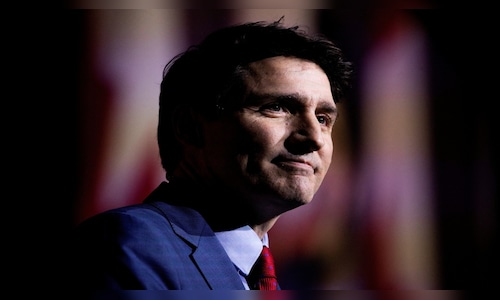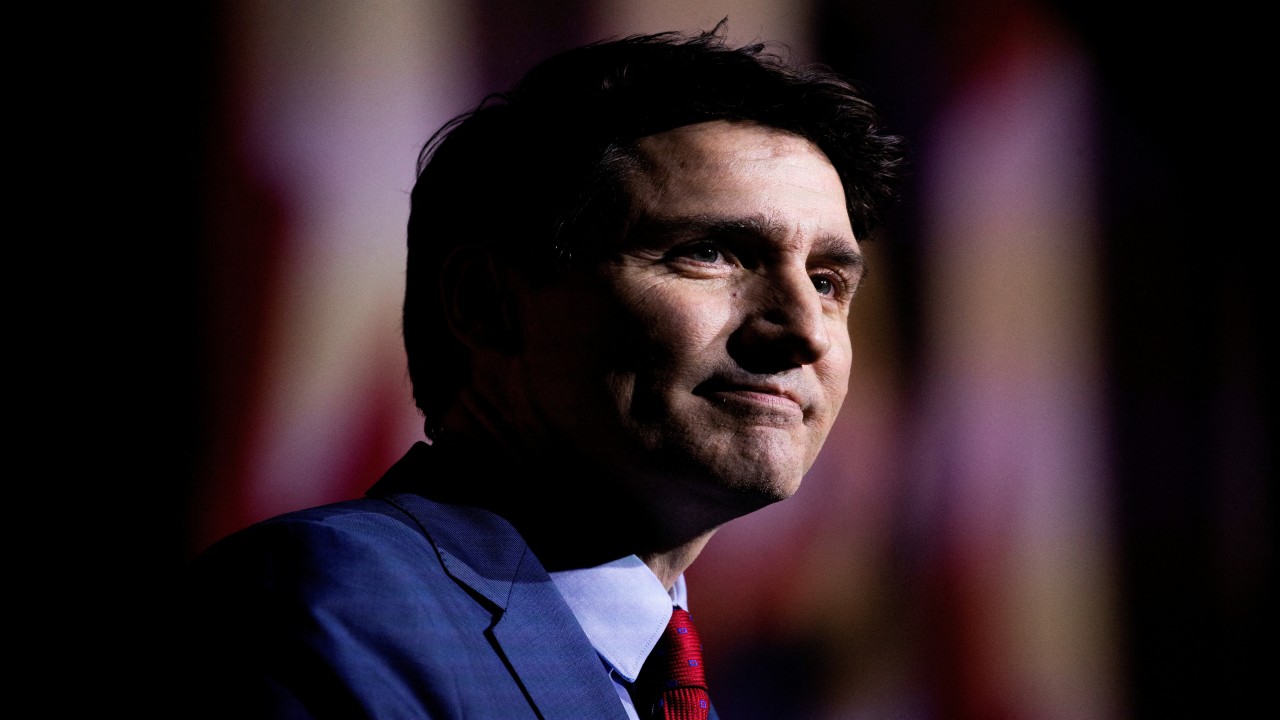

“I have advised the governor general of Canada to call for a new session of parliament,” Trudeau confirmed during his address, marking the end of his tenure as the country’s leader. His resignation follows escalating tensions with India, ongoing domestic challenges, and growing internal pressure from within his own party. Let’s break it down:
A deteriorating relationship with India
Trudeau’s resignation is deeply connected to the deteriorating diplomatic relations between Canada and India. This downward spiral began in September 2023 when Canadian authorities accused India of involvement in the assassination of Hardeep Singh Nijjar, a prominent Khalistani leader, outside a Sikh temple in Canada.
“The Canadian government takes this issue seriously,” Trudeau said at the time. However, India vehemently denied the allegations, dismissing them as “absurd” and sparking a diplomatic crisis that led to the expulsion of Canadian diplomats from New Delhi.
In response to Canada’s investigation and public accusations, India expelled Canadian diplomats and recalled its high commissioner in Ottawa, pushing the relationship between the two nations into disarray.
The diplomatic standoff worsened when Trudeau’s government named Indian ambassador Sanjay Kumar Verma a “person of interest” in the investigation.
“Canada will take all necessary steps to ensure that justice is served,” Trudeau stated, but the allegations were met with fierce condemnation from India, leading to further tension.
Donald Trump’s threat of 25% tariffs on Canada
In late November 2024, president-elect Donald Trump threatened to impose a 25% tariff on all Canadian goods unless the Canadian government took immediate action to stem the flow of migrants and fentanyl into the United States. This aggressive stance escalated tensions between the two nations, with Trump framing it as a matter of national security, further complicating US-Canada relations.
In response, Trudeau sought to de-escalate by flying to Mar-a-Lago for a dinner meeting with Trump, during which the US president-elect reportedly joked that Trudeau should make Canada the “51st state of America.” This mocking tone, combined with the tariff threat, added fuel to the fire, leaving Trudeau facing growing criticism at home.
“It was a pleasure to have dinner the other night with Governor Justin Trudeau of the Great State of Canada. I look forward to seeing the Governor again soon so that we may continue our in depth talks on Tariffs and Trade, the results of which will be truly spectacular for all! DJT”
Within his cabinet, several ministers expressed dissatisfaction with Trudeau’s handling of the situation. The Canadian leader’s muted response to Trump’s provocations only intensified calls for his resignation. Deputy prime minister and finance minister Chrystia Freeland, a key ally of Trudeau, resigned in December, citing the economic and diplomatic challenges posed by the looming tariffs.
Freeland’s resignation marked a turning point in the Liberal Party’s internal unrest. In her letter, she warned that the US tariffs posed a serious threat to Canada’s economy and that the country needed to confront this issue head-on. Trudeau’s handling of the crisis was seen by many as inadequate, further damaging his standing both within his own party and among Canadians.
Domestic unrest and political fallout
The diplomatic turmoil with India was not the only issue facing Trudeau’s administration. His leadership came under intense scrutiny for its handling of domestic challenges, including the Canadian economy, immigration policies, and rising inflation.
Trudeau’s approval ratings plummeted as Canadians grew frustrated with what they perceived as ineffective governance.
“I understand that people are frustrated,” Trudeau admitted during a press conference in December 2024. “But these are difficult times, and we need a leader who can bring us together, not tear us apart.” Despite his efforts, his attempts at reassuring the public fell flat, especially in the face of an increasing cost-of-living crisis and rising housing prices, exacerbated by high immigration levels.
Critics within his party grew increasingly vocal. Freeland’s resignation in December 2024 was a significant blow to Trudeau’s leadership. In her sharply worded resignation letter, Freeland criticised the prime minister’s policies, particularly his handling of economic issues, stating, “The Liberal Party must choose a path forward that is not bogged down by political gimmicks and ineffective leadership.”
Her departure, coupled with growing dissatisfaction among other senior party members, signalled a loss of confidence in Trudeau’s ability to lead the nation.
Internal strife and party rebellion
Trudeau’s position within his own party became increasingly fragile. Numerous Liberal MPs, including Sean Casey and Ken McDonald, called for his resignation, and over 20 members signed a pledge urging him to step down.
The final blow came when Trudeau remained publicly silent for weeks after Freeland’s resignation, heightening concerns that he was out of touch with both his party and the Canadian electorate. His inability to effectively manage internal dissent only worsened the political crisis.
Even his ally, Jagmeet Singh, leader of the New Democratic Party (NDP), hinted at the possibility of a no-confidence motion. “The time has come for a new direction in Canada’s leadership,” Singh remarked, further intensifying the pressure on Trudeau.
Trudeau’s legacy:
As Trudeau steps down, his legacy remains mixed. He once stood as a symbol of progressive values, championing climate change policies, gender equality, and a more inclusive society. Yet his final years in office were marked by controversy—both on the international stage, with the fallout from the India crisis, and at home, where public dissatisfaction reached a fever pitch.
“I did not come into politics to divide people. I came in to unite them,” Trudeau reflected in his resignation speech, acknowledging his failures but also expressing hope for the future of the country. As he exits the political scene, the future of Canada’s leadership remains uncertain, with the Liberal Party now facing the task of rebuilding from the ground up.



